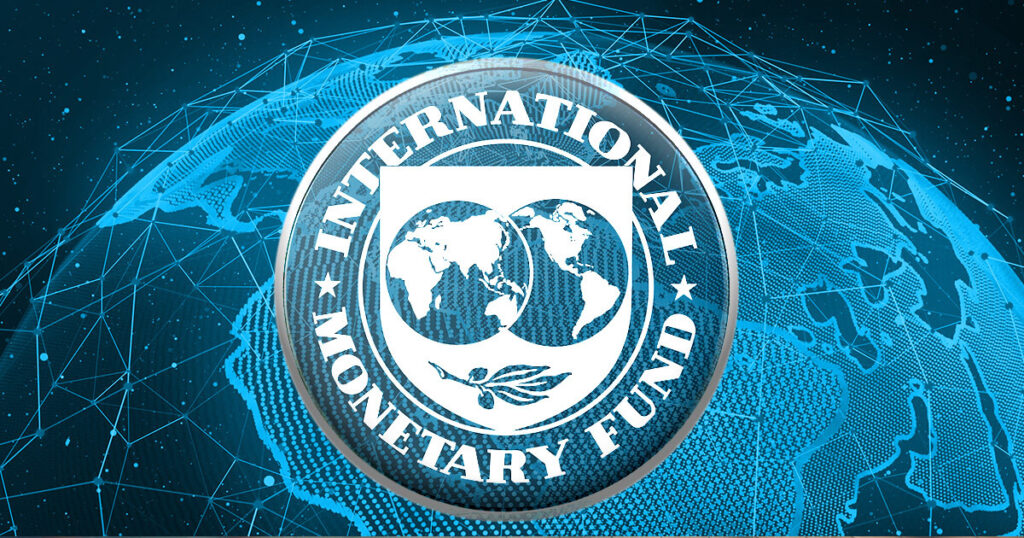The International Monetary Fund (IMF) and the Financial Stability Board (FSB) today, September 7, published a report commissioned by the G20 led by India outlining a comprehensive framework for regulating crypto assets such as Bitcoin and stablecoins.
The article summarizes the policy recommendations of both organizations to help countries address the financial stability and integrity risks posed by the rapid growth of crypto assets.
Risks of crypto assets and stablecoins
The report argues that crypto-assets can undermine the effectiveness of monetary policy, increase fiscal risks for governments and reduce the effectiveness of capital flow management measures. Widespread adoption can also increase risks to financial stability by increasing the interconnections between volatility and spreading shocks more quickly through the global financial system. Specifically, the report describes stablecoins as a “significant risk”, stating:
“Global Stablecoins (GSCs) may transmit volatility more abruptly than other crypto-assets and may pose significant risk to financial stability… These risks may arise particularly if households and businesses in some economies lose a significant portion of their assets over time. to hold power. SGRs, instead of local currency.”
A GSC is a stablecoin with “potential reach and adoption in multiple jurisdictions.” The report further claimed that “the macroeconomic risks associated with GSCs may be higher than other stablecoins.”
The IMF and FSB are calling for a multi-pronged policy response to mitigate these macroeconomic and financial stability risks. This includes strengthening monetary policy frameworks, guarding against excessive volatility in capital flows, addressing fiscal risks, implementing anti-money laundering standards and introducing comprehensive regulation of crypto-assets.
Recommendations and regulatory measures
The FSB has additionally developed recommendations to ensure that crypto assets and markets are subject to “same activity, same risk, same regulation,” setting a minimum baseline that countries must adhere to. The FATF standards are aimed at limiting the risks of illegal financing.
The recommendations that, if implemented, could transform the regulatory landscape for cryptocurrencies and stablecoins.
The International Organization of Securities Commissions (IOSCO) strives to apply its principles to crypto assets to protect market integrity. The report also recommends that some emerging markets may need additional targeted measures based on country-specific vulnerabilities. However, these should not replace macroeconomic policies, strong institutions and comprehensive regulation.
Finally, the IMF and FSB have established a roadmap for an “effective” and coordinated implementation of the crypto asset policy framework. This includes capacity building beyond G20 members, improving global coordination and cooperation, and addressing data gaps in the rapidly evolving crypto asset ecosystem.
According to the report, the willingness of authorities to regulate and oversee global stablecoin schemes is highlighted as a core recommendation. It suggests that authorities should have and use appropriate powers, tools and adequate resources to effectively regulate, supervise and supervise a SGR scheme and its related functions and activities.
The report also underlines the importance of cross-border cooperation, coordination and information exchange between domestic and international authorities. It proposes that this cooperation will promote efficient and effective communication, information sharing and consultation, promoting consistency of regulatory and supervisory outcomes.
In addition, the report highlights the need for authorities to require crypto-asset issuers and service providers to establish a comprehensive governance framework with clear and direct lines of responsibility and accountability.
Risk management and data collection
In addition to the focus on governance, the report highlights the importance of rigorous risk management frameworks for crypto asset service providers. It calls on authorities to require crypto-asset issuers to address risks to financial stability, an approach needed to achieve regulatory outcomes similar to those in traditional finance.
The document also addresses the need for robust data collection, recording and reporting systems by crypto asset issuers and service providers. It calls for the establishment of comprehensive, clear and transparent disclosure standards and the identification of risks to financial stability arising from interconnections and interdependencies within the crypto-asset ecosystem.
The document will be discussed at the G20 summit in India later this month and can be read in full on the FSB website.

